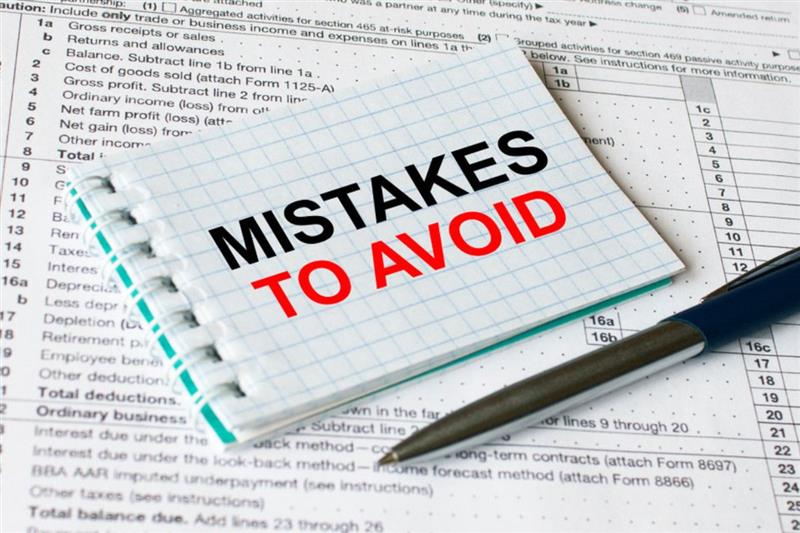Starting a business takes more than a good idea. You must also follow the law. Many new owners miss important legal steps. Some skip them to save time or money. Others do not know what rules apply. These mistakes can lead to fines, lawsuits, or worse.
This guide explains the most common legal errors and how to avoid them. A smart start can protect your money, your time, and your future.
Not Choosing the Right Business Structure
One of the first steps in starting a business is picking a structure. Some people rush into it. They pick a sole proprietorship or partnership without knowing the risks. These simple setups do not protect personal assets. If your business gets sued, your home or savings could be at risk.
A limited liability company (LLC) or a corporation may offer better protection. Each type has pros and cons. Tax rules and paperwork also vary. Before you register, learn what structure fits your goals. If unsure, ask someone who knows the law.
The wrong structure can cause problems later. You may need to file new forms, pay extra fees, or deal with confusion during tax season. A little research now saves trouble later. For more help, explore business law tips that explain these options in simple language.
Skipping Contracts or Written Agreements
Many small business owners trust their partners or clients. They make deals with a handshake or quick email. But without a clear contract, you risk disputes. If something goes wrong, verbal promises are hard to prove.
Every deal should include terms in writing. This protects both sides. Contracts explain what each person must do, when, and how much they will get paid. They also outline what happens if someone breaks the deal.
Even if your business is small, always use written agreements. These documents set the rules. They help avoid conflict and save money in court. You don’t need fancy language—just clear terms.
Also, if you hire help or share ideas, use agreements to protect your work. You can find contract templates online. Still, it’s smart to have a lawyer review them when possible.
Ignoring Licenses, Permits, or Local Rules
Every business must follow local laws. These laws depend on where you live and what you do. Some businesses need state licenses, city permits, or health checks. Others must follow zoning rules.
Many people forget this step. They open their shop or start online sales without checking first. Later, they face fines or get shut down.
Before launch, check with your city or county. Ask what you need to run your business legally. Some permits take time to approve. Plan ahead to avoid delays.
Even online-only businesses may need licenses. If you sell products, ship across state lines, or collect customer data, rules may still apply. Don’t assume you’re safe just because you work from home.
To stay current on changes, follow a legal blog for entrepreneurs that updates you on new laws and small business tips.
Not Protecting Your Brand
Your business name, logo, and product designs may need legal protection. If someone copies your brand, you could lose sales or face confusion in the market. Filing a trademark can help stop this.
Many new owners skip this step. They think small businesses don’t need it. But even one case of brand theft can cause damage. Registering a name or logo gives you legal rights. It also shows others that you take your work seriously.
You should also check that your name is not already taken. Use a trademark search tool before registering. If you copy someone else’s mark by mistake, you could face a lawsuit or have to change your name later.
Forgetting to Plan for Taxes and Employees
Some new business owners think taxes only matter after they make money. That’s not true. You may owe taxes from day one. Missing deadlines or misreporting income can bring fines. You also must track your expenses and keep records.
If you hire workers, you must follow labor laws. This includes paying fair wages, reporting income, and withholding taxes. Mixing business and personal accounts can also cause problems. Open a separate bank account from the start.
Final Thoughts:
Every business needs a solid legal foundation. Small mistakes can grow into big problems. If you want your idea to succeed, take time to do things the right way.
Pick the right structure. Put your deals in writing. Follow local rules. Protect your brand. Keep your tax and employee records clean. These steps take effort, but they protect your future.
If you feel unsure, do not guess. Use trusted sources and legal guides to get clear answers. The law does not wait for mistakes. Start strong and stay safe.
Also, read: How to Protect Your Rights With Criminal Defense Lawyer
